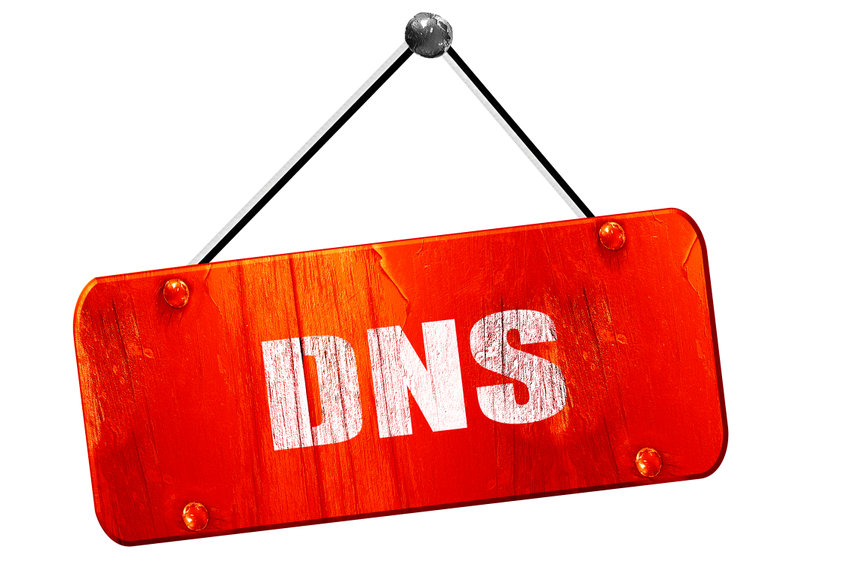Using the Secondary DNS to preserve a trustworthy copy of your data is an excellent idea. You’ve probably come to this post because you’ve heard about it and want to increase the reliability of your DNS. Yes, secondary DNS is really beneficial for providing peace of mind, especially in the current world where DDoS attacks and other DNS issues are so common. Let’s clarify things a bit more and go through the details.
DNS zone – the definition
To handle the DNS namespace more accurately, the DNS server can hold a large number of zones. The DNS zone is a part of that namespace. It’s an area where you can find more organized and controllable DNS components. It would be best to direct your domain to various servers, such as mail servers, web servers, and so on, to function effectively and precisely. You can create additional DNS records in the DNS zone to perform this task. The DNS zone is where you’ll save all of your DNS records.
What is a Primary DNS server?
The original zone file is stored in the Primary DNS, also known as the Master DNS. It contains the DNS records, and all changes take place within it.
It is the source of all original information for a specific DNS zone and its corresponding domains. So, the Primary DNS server is in charge of everything. It keeps track of all the DNS records for its DNS zone. You can make updates or delete one or more records in the main source — the Master DNS server – whenever you want to do so.
What does Secondary DNS mean?
Secondary DNS, also known as Slave DNS or Backup DNS, is an amazing service that connects you to a network of DNS servers. They are backup DNS servers for your primary DNS server. Their goal is to duplicate the Primary DNS zone file automatically. That way, you’ll be able to store your DNS records in more locations throughout the world. They can be used in the case that your primary DNS is unavailable.
The Primary DNS is in charge of your DNS. So, you can change, add, or remove DNS records from there. The secondary DNS service could be provided by the same DNS provider or a different one. If you truly want to back up that Primary DNS, you can use numerous Secondary providers.
As a result, the changes in the Primary DNS are sent to the Secondary DNS.
Why is it important to have e Secondary DNS?
There are three primary reasons to use a secondary DNS server:
- To stave off attacks, use secondary DNS. The most obvious reason is to have a network of backup DNS servers that can respond to queries even if your primary DNS server is unavailable. Thanks to this backup, your potential visitors will be able to enjoy an everyday experience for a long time until you can get the Primary DNS back up and running.
- The use of a secondary DNS server could improve network performance. What does it mean? You may establish a load balancing network by having many points of presence. You can control the traffic and distribute it among several DNS servers. In addition, you can deliver faster responses, and your primary DNS server will be less burdened.
- Make a copy of the DNS records as a backup. If your Primary server is down and all of your DNS records are lost, you can still recover them from the Backup DNS; you won’t have to start from scratch.


